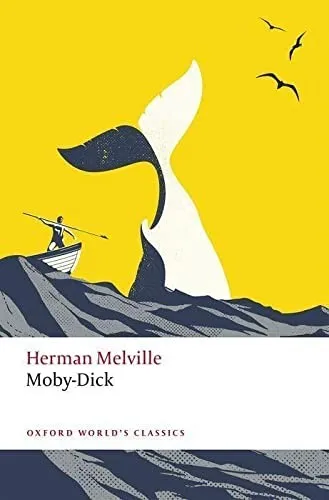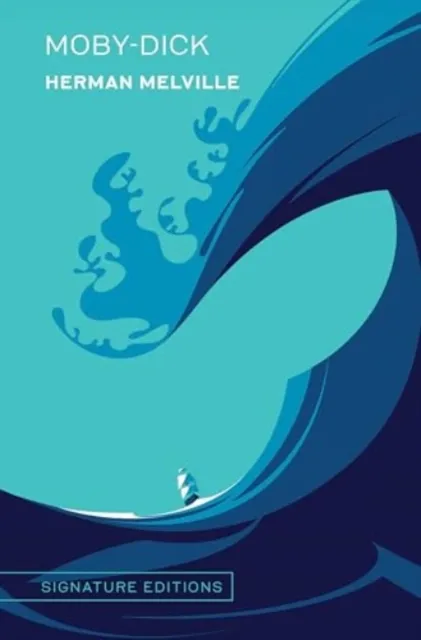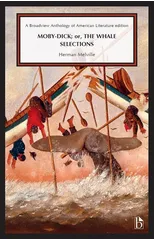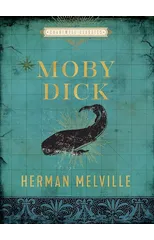Moby-Dick has a monumental reputation. Less well known are the novel's unexpectedly weird, funny, tantalizing, messy, and wondrous moments. Narrator Ishmael, along with the whaleship Pequod's other "meanest mariners, and renegades and castaways", is beguiled into joining Captain Ahab in his vengeful pursuit of the white whale that "dismasted" him. But along the way, Ishmael takes the reader along many a detour into variegated ways of knowing. In a tone "strangely compounded of fun and fury", Moby-Dick brings outlandish curiosity to bear on the multitudinous, oceanic scale of our diverse world.
Herman Melville
Herman Melville (1819-1891) was an American novelist, poet, and short story writer best known for his novel "Moby-Dick," a complex and symbolic work that explores themes of obsession, fate, and the struggle between good and evil. Melville's writing style is characterized by its rich symbolism, philosophical depth, and exploration of existential themes. His other notable works include "Typee," "Billy Budd," and "Bartleby, the Scrivener." Melville's contributions to literature have had a lasting impact on the development of American literature, particularly in the genre of the novel.





